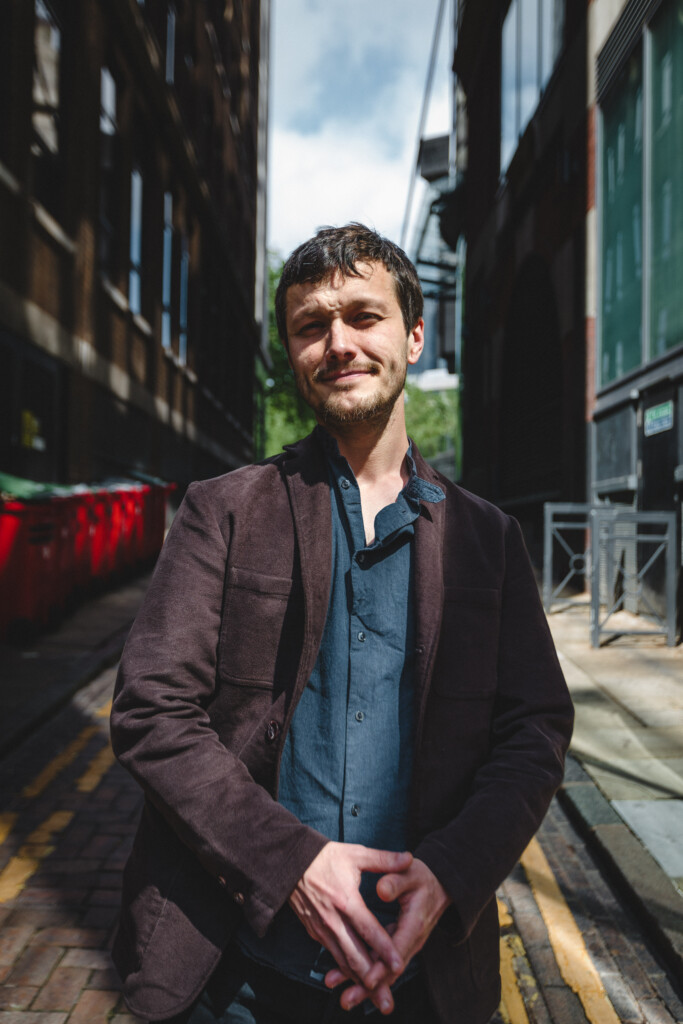How Can We Use Longtermism to Build a Better, More Inclusive Future?

Share this
Dr Kerry McInerney and Dr Dan Taylor discuss the concept of longtermism, a school of thinking that focuses on positively influencing the future through considering obligations to the future world and generations.
They discuss groups often neglected from discussions of the future, particularly indigenous people or people from global majority countries. They look at how many of the apocalyptic scenes we may picture resulting from the climate crisis or war have already been experienced by people whose voices have been historically marginalized. Concepts of utopia and dystopia are raised and questioned as a way into looking at the relationship between the temporal landscapes of the past, present, and future, as well to question who benefits from a future that we strive for.
Their discussion also focuses on the worrying lack of legislation surrounding artificial intelligence, and bias within the data sets that AI is constructed on. The fatalism we approach technology with and how this relates to our wider sense of political agency is called into question and challenged by both contemporary and historical examples of rejection of potentially problematic technological advancements.
They discussed the potential for a longtermist mindset to inspire hope of change, and how we can use this doctrine to look toward a fairer future.
Chaired by Zoe Steadman-Milne.
In partnership with New Generation Thinkers. Find out more.
Books by speakers are available on Bookshop.org:
Dr Kerry McInerney (née Mackereth) is a Research Fellow at the Leverhulme Centre for the Future of Intelligence, where she researches anti-Asian racism and AI, the geopolitics of AI and feminist approaches to AI ethics.

Dan Taylor is a Lecturer in Social and Political Thought at the Open University, with a focus on British and political ideas.